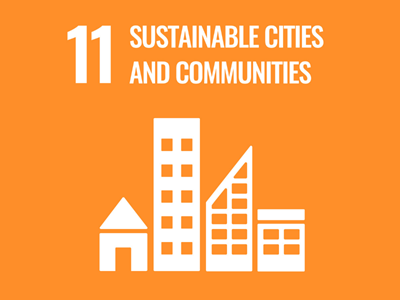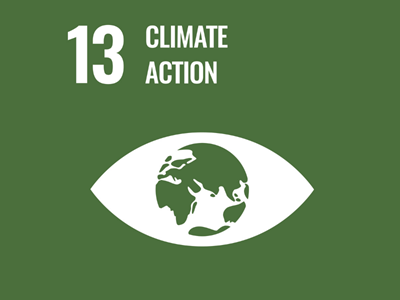About the Project
CITY4CLIMATE: City Digital Twins for Climate monitoring and simulation
City4Climate addresses one of the most pressing global challenges of our time — climate change — by focusing on cities, which are both major contributors to greenhouse gas emissions and among the most vulnerable to its impacts. Representing more than 70% of global CO₂ emissions, urban areas require innovative governance models and advanced technological tools to achieve the ambitious goal of carbon neutrality by 2050. Despite significant policy efforts, outdated monitoring systems continue to hinder progress, creating a persistent gap between strategic intent and tangible climate action.
To bridge this gap, City4Climate harnesses the power of Digital Twins (DTs) — sophisticated 3D virtual replicas of cities that integrate real-time data, predictive analytics, and scenario simulations. These tools provide decision-makers with actionable insights by enabling the monitoring of environmental parameters, assessing risks, testing climate policies before implementation, and refining strategies dynamically. Through this approach, City4Climate promotes smarter, faster, and evidence-based decision-making for sustainable urban transformation.
The project is being implemented in the Portuguese Mission Cities of Lisbon, Porto, and Guimarães, all part of the European Mission for 100 Climate-Neutral Cities by 2030. Additionally, the municipalities of Aveiro, Oeiras, and Vila Nova de Famalicão are involved as collaborating cities, ensuring broader capacity building and replication potential. City4Climate’s framework integrates real-time data from IoT sensors, satellites, and municipal platforms with predictive modeling, simulation, and interactive visualization. This allows cities to simulate and evaluate policy impacts on emissions, air quality, mobility, energy consumption, and environmental health prior to adoption.
Inspired by international best practices such as Zurich and Helsinki’s environmental monitoring systems, City4Climate will deliver a replicable Digital Twin model for Portugal and Europe. This model will feature real-time tracking of greenhouse gas emissions, predictive analytics for policy assessment, and a robust data governance system aligned with EU standards, including interoperability with FIWARE and NGSI-LD to ensure integration with the European Data Space.






